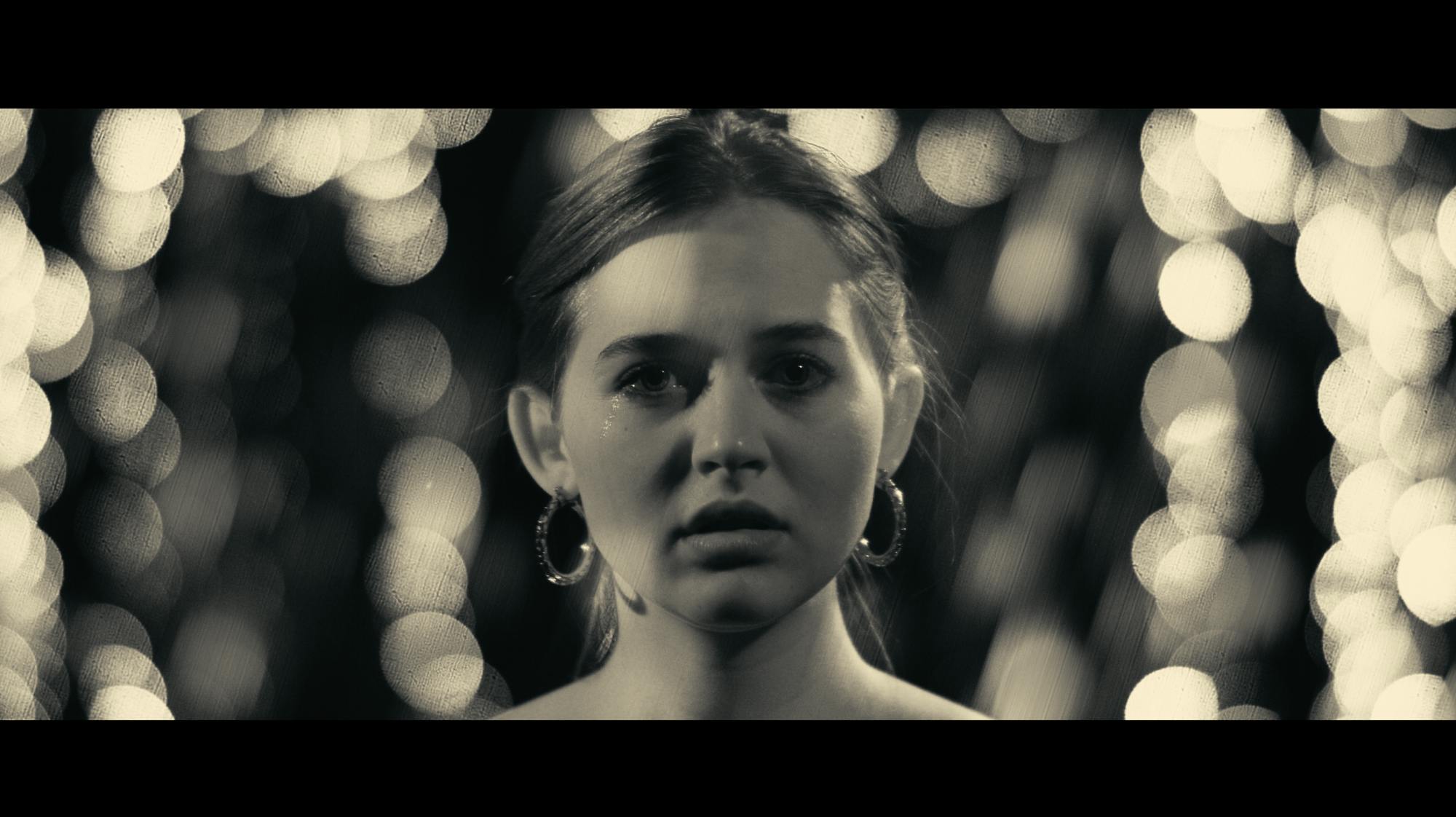Film major Eduardo Hernandez ’22 started out behind the camera in middle school, delivering morning announcements and shooting sketches about the lunch menu. He found the experience “engrossing” — now, he is producing and directing a short film for his senior thesis titled “I Hope You Don’t Mind What I Put Down In Words.” To be completed by the end of spring, the short film focuses on the exhilarating early stages of love and features Annabel Everett ’25 and Jack Heaphy ’24.
Hernandez began to take film classes as a freshman at Dartmouth, alongside motivated friends who were also eager to make art. Hernandez cites professors as being influential in cementing his passion for filmmaking, particularly film and media studies professors Mark Williams and Iyabo Kwayana. Through their classes, Hernandez said he discovered the type of movies he wanted to make.
“My experience has been all about the professors,” Hernandez said. “[Professors] have always shown work that is pushing the boundary, not just to be weird or shocking, but to really drive home an emotion.”
In addition to professors, Hernandez said he has thrived off the powerful, collective energy generated by the filmmaking community at Dartmouth. Hernandez described how this community of passionate students encourages creativity, rather than spark competitive tension.
“A lot of people at the school are really hungry to make films,” Hernandez said. “I came [to Dartmouth] at a very fortunate time where a lot of people are equally excited and equally devoted to making good films, and also to putting in the work to become good artists.”
Hernandez emphasized the power of collaboration in filmmaking, an attitude that fuels much of his process. Film and media studies professor Shevaun Aysa Mizrahi worked with Hernandez through the Leaders Program where this type of collaboration was key. According to Mizrahi, the film department selects a few “exceptional students” who serve as mentors to younger students. This year, Hernandez worked as a leader.
“He's a remarkable person and incredibly generous with his time,” Mizrahi said. “He’s been available for all kinds of projects, some that were well organized and had a clear vision but also for others that needed a lot of nurturing and attention. He’s very invested in community-building and specifically in creating a community of filmmaking at Dartmouth.”
This sense of community and collaboration has proven integral to Hernandez’s upcoming short film. Hernandez emphasized the importance of a synergetic environment for the filmmaking process, where the boundaries between roles — director, screenwriter, cast, crew — can loosen.
“Everyone on my team thinks in unique, singular ways,” Hernandez said. “ … It’s a radical process that’s not centered around one director, but is more collaborative.”
Malik Terrab ’25, who worked on the short film with Hernandez, said he was especially inspired by Hernandez's diligent process and devotion to the craft.
“He’s given me a lot of faith in the department because this isn’t a film school, it’s a liberal arts school,” Terrab said. “[Hernandez] is a huge advocate of production. He’s shown me that it’s possible to make quality films here.”
According to Hernandez, the short film is a type of love story. Everett and Heaphy play Audrey and Max, two people who meet at a party and then leave together, leading to an intimate interaction in Audrey’s car. Hernandez said he draws not only from his own life, but from the experiences of the entire cast. During the writing process — and even amid shooting — Hernandez asked the cast to reflect on their own memories of the exciting first moments of love.
“[My short film] is about a night out with friends, but it’s really about meeting that person,” Hernandez said. “There’s this energy that’s unspoken but so present. There’s nervousness and excitement. It’s so thrilling.”
Hernandez specified that the film does not take place in one time period. Rather, he characterizes the short film as a “a rom-com that borrows from different eras.” Along with costume design, the film’s set design requires meticulous planning: one scene required 1,000 lights that cascaded downwards. Hernandez hopes his short film will generate an emotional response in viewers, in contrast to other films which might trigger a logical one.
“People usually watch movies in the same way they analyze literature. I want my work to be different,” Hernandez said. “I want you to feel something… to feel like something new… to return to it and watch it again because it conjures up those feelings you have for that special someone.”
Hernandez articulated that his short film is most driven by an honest vulnerability and an investment in the beauty of life.
“My work is most informed by emotion and the human experience,” Hernandez said. “I want to make films that have something fresh and new and nuanced to say about what it's like to be alive and what it’s like to be human at this moment.”




